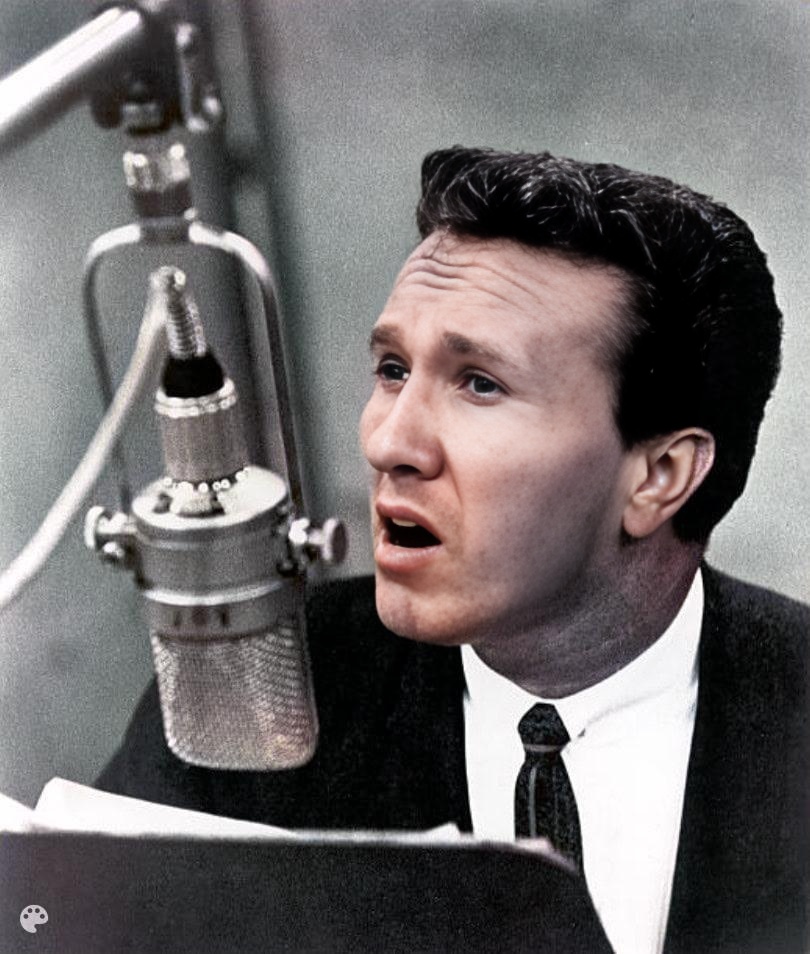
Marty Robbins, a name synonymous with country music excellence, was a multifaceted artist known for his rich baritone voice, songwriting prowess, and ability to seamlessly blend genres like country, pop, and even Hawaiian music. Born Martin David Robinson in 1925, he rose to fame in the 1950s, becoming a Grand Ole Opry mainstay and achieving widespread recognition with hits like “A White Sport Coat (And a Pink Carnation)” and his signature, narrative masterpiece, “El Paso.” His contributions to country music were recognized with numerous awards, including Grammy Awards and inductions into the Country Music Hall of Fame. Robbins consistently topped the country charts throughout his career, showcasing his enduring appeal and musical versatility.
In 1959, Robbins released “The Master’s Call,” a poignant and deeply moving gospel-infused country ballad. The song tells the story of a cowboy, hardened by life on the range, who hears the voice of God calling him to salvation. The lyrics paint a vivid picture of the cowboy’s internal struggle, the temptations of the world, and the ultimate peace he finds in surrendering to faith. Unlike many of Robbins’ more commercially driven tracks, “The Master’s Call” resonated with audiences on a deeply personal and spiritual level.
While not necessarily a chart-topping hit like some of his other songs, “The Master’s Call” garnered significant praise and continues to be cherished for its powerful message and emotive delivery. Listeners often comment on the song’s sincerity, appreciating the raw honesty in Robbins’ vocals and the universality of the themes of redemption and finding purpose. Many personal accounts shared online speak of the song’s impact on individuals facing their own spiritual crossroads, highlighting its enduring power to inspire introspection and faith. It remains a testament to Robbins’ ability to craft songs that touched the hearts and souls of his audience.